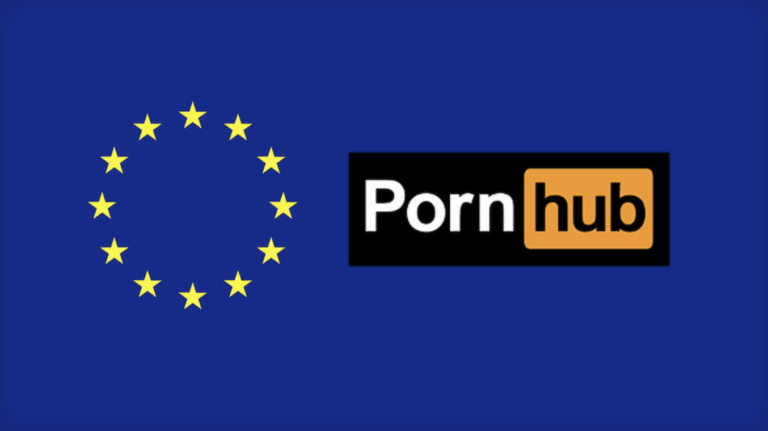

BERLIN — Germany is moving closer to implementing rules that would prohibit financial institutions from providing payment services to adult sites deemed to have inadequate age verification systems and would also make it easier for the government to target websites mirroring the content of such sites.
Earlier this month, the heads of government of the German federal states agreed on proposed amendments to Germany’s Interstate Treaty on the Protection of Human Dignity and Minors in Broadcasting and Telemedia. Those amendments are expected to be officially approved by the heads of government in March before being sent to the German state parliaments for ratification.
As XBIZ reported in 2023, Germany’s Broadcasting Commission of the Federal States proposed the amendments with the stated aim of protecting minors. That proposal came amid a relentless campaign against adult sites by the head of the State Media Authority of North Rhine-Westphalia, Tobias Schmid, an anti-porn crusader whose efforts resulted in network blocks of sites like xHamster and Pornhub.
At the time, some German legal experts questioned whether German media regulators have the authority to regulate foreign adult sites.
The amendments would also impose sweeping new rules requiring content filtering at the operating system level based on age labeling by websites and apps. Sites and apps that do not institute mandated labels would automatically be blocked when filtering is enabled.
Major tech companies, including Microsoft and Google, are decrying these unprecedented provisions as impractical, infeasible, and incompatible with European Union laws. German tech news site Heise Online has called for the European Commission to intervene.
German adult industry attorney Marko Dörre called the amendments “a huge attack on the adult entertainment industry.”
“German lawmakers have lost all sense of proportion,” he said.
While the OS-level filtering aspects of the amendments are facing sharp criticism from influential stakeholders, it is unclear whether successful resistance to those provisions would also block implementation of the payment and content mirroring provisions specifically targeting adult sites.
December 30, 2024

